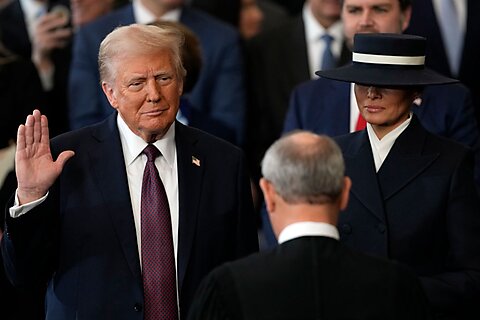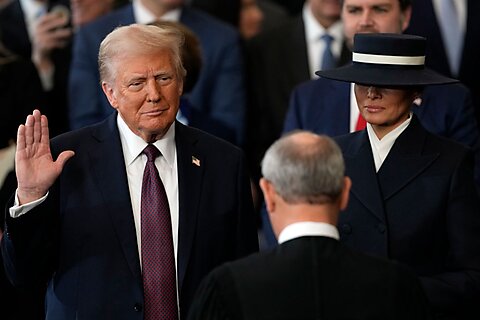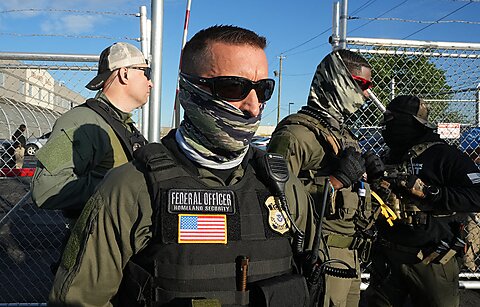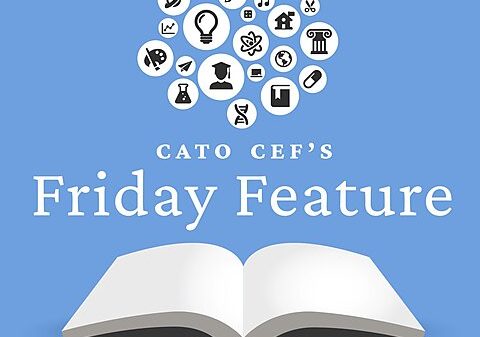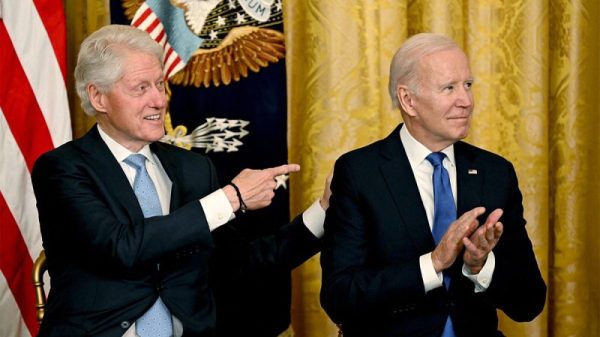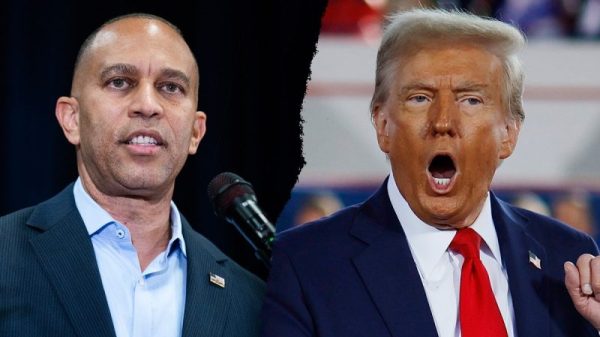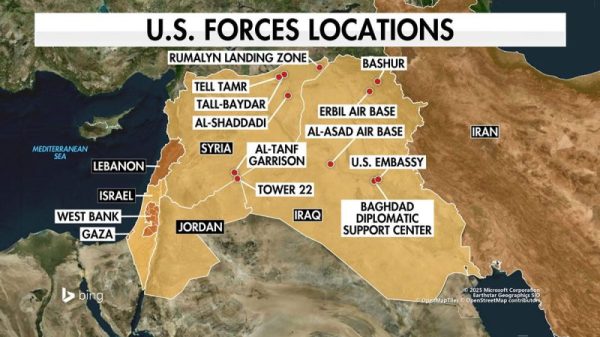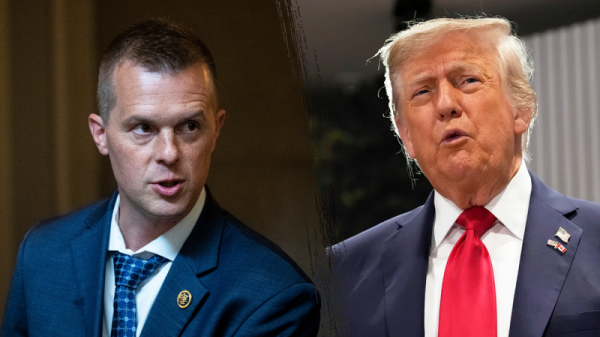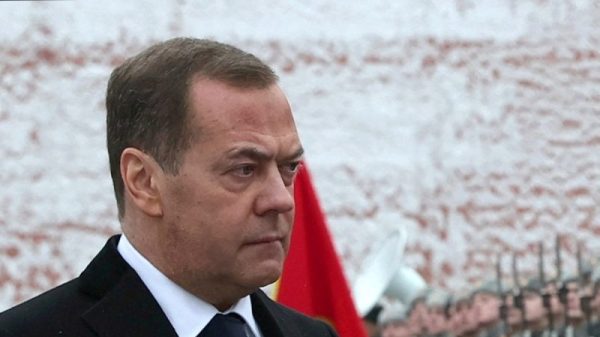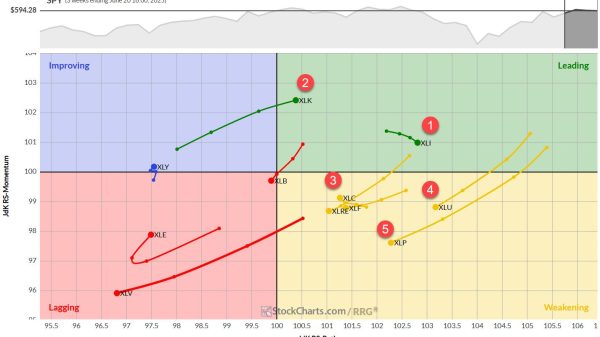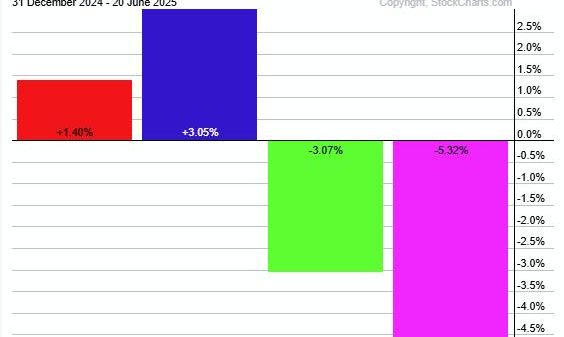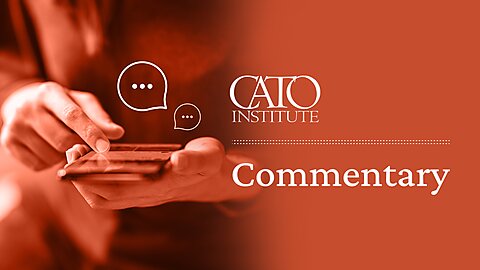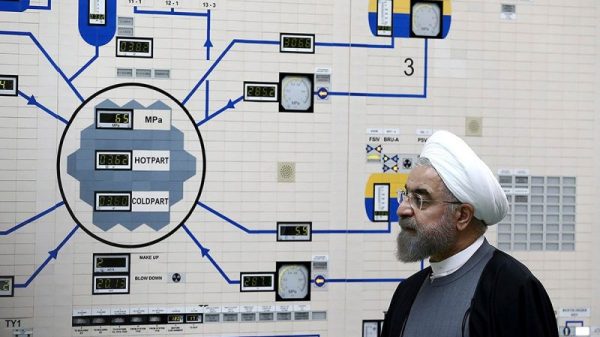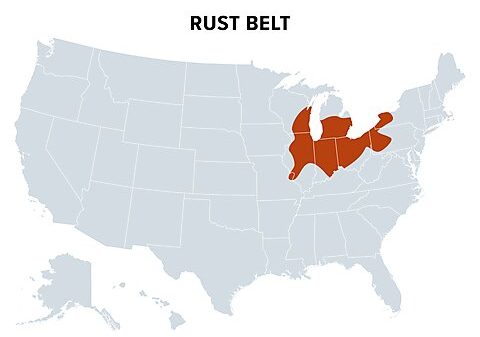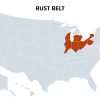In a decision that surprised me in its rapidity, but not its outcome, the Supreme Court deadlocked four to four, leaving in place an Oklahoma Supreme Court decision against the creation of a Roman Catholic cyber charter school. The tie vote was possible because Justice Amy Coney Barrett recused herself from the case, likely because she is close friends with Nicole Stelle Garnett, the University of Notre Dame law professor who was instrumental in moving the case forward. While the case should elicit conflicted emotions for anyone who desires freedom and equality in education, the charter school going down was probably the right outcome.
Why right? Petitioners were correct that a charter excluding religious options, but at least theoretically allowing all others, discriminates against religious Americans. But chartering is too government-entangling a way to fix the problem. A charter school is a public school typically approved to exist by a government entity such as a state board, and that is too much government control. Chief Justice John Roberts, who was the likely conservative swing vote, addressed that concern directly in oral arguments, saying, “This does strike me as a much more comprehensive involvement” than school choice programs that allow families to use public funds at private schools, the subjects of much of the precedent cited by petitioners.
It is inherently dangerous to put the government in the position to declare, “This proposed religious school is OK, and this one is not.”
Because the decision was a tie, it sets no legal precedent, but it does send a message: Charter schooling is likely not the right way, legally, to address very real discrimination against religion by our public education system. The solution, as I have argued and as precedent points to, is private school choice, at least constitutionally required for religious families.

